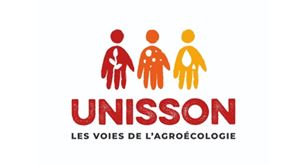On this shared stand, the seven partners will showcase their action plans and innovations for the vine and wine sectors in response to climate and environmental challenges, together with their scientific and technical expertise and training programmes.
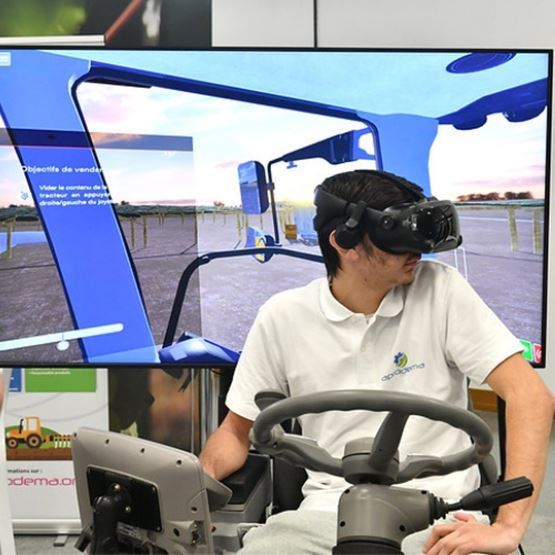
“Together for the vineyards of the future”
Through demonstrations and tastings, the stand will highlight future solutions.
Three themes will be addressed:
- research;
- development and training initiatives in Occitanie;
- adaptation to and mitigation of climate change;
- and innovation for the sustainability of the wine sector.
As a cross-cutting theme, digital technologies will also feature prominently.
Stand partners

The French Vine and Wine Institute – IFV
The French Vine and Wine Institute (IFV) is a technical institute for research, development and technology transfer dedicated to the French vine and wine sector. It works to enhance the competitiveness, quality and sustainability of French wines by providing professionals with innovative tools and knowledge. Thanks to its multidisciplinary expertise, the Institute develops and disseminates solutions and technical references essential for the resilience and economic performance of the wine industry. Its technical experts are also mobilised to anticipate future challenges and help build the viticulture of tomorrow. To implement these solution-oriented approaches, the IFV relies on a network of regional centres located in France’s main winegrowing regions. These centres support winegrowers as well as local stakeholders by applying the innovations developed by the Institute, with a strong focus on co-creating research. Since 2023, the IFV and its subsidiary ENTAV International have been certified Engagé RSE and Responsibility Europe at the confirmed level.
Contact: [email protected]
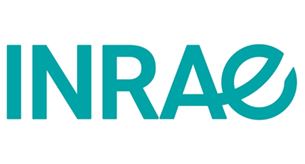
INRAE – National Research Institute for Agriculture, Food and the Environment
INRAE, the French National Research Institute for Agriculture, Food and the Environment, is a leading player in research and innovation. The institute brings together a community of over 10,000 people, with more than 270 research, service and experimental units across 18 centres throughout France. In Montpellier, its centre develops innovative solutions for sustainable Mediterranean systems, working closely with partners and with strong international collaboration. Faced with population growth, food security challenges, climate change, resource scarcity and biodiversity loss, INRAE plays a major role in developing sustainable solutions with its research and development partners, helping farmers and all stakeholders in the food and forestry sectors to succeed in these transitions.
Contact: [email protected]
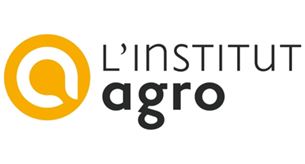
L’Institut Agro – the national higher education institute for agriculture, food and the environment
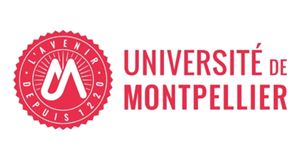
University of Montpellier: a key player in the vine & wine sector
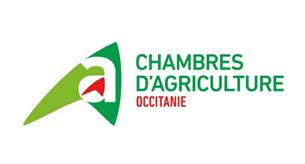
Regional Chamber of Agriculture of Occitanie
The Regional Chamber of Agriculture is a public institution managed by elected officials. As the voice of agriculture and rural life, it represents farmers’ interests to the State and local authorities. In addition, the network of Chambers of Agriculture provides advisory and support services to farms, promotes knowledge transfer through research and experimentation, and supports territorial projects in areas such as local product marketing, water management and the circular economy. At SITEVI, the Regional Chamber will showcase its support for innovation through its participation in the “Together for the Vineyards of the Future” stand, as well as its technical support for farm start-ups and transfers on its institutional stand.
It plays a strategic role in promoting sustainable, resilient and competitive agriculture through initiatives such as:
- Leading the wine sector contract: co-developing a regional strategy for the sector.
- Climate change adaptation (resistant grape varieties, water management) with the Vitilience project.
- Supporting irrigation projects.
- Promoting innovation transfer, in particular through support for agroecological groups, capacity-building for advisors, and partnerships with professional organisations and research institutes.
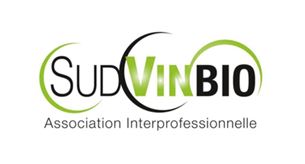
SUDVINBIO
